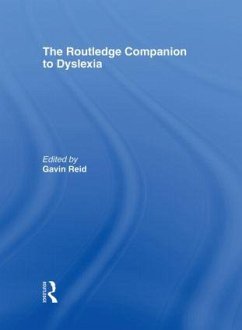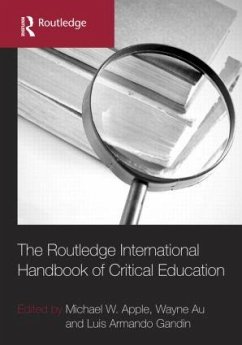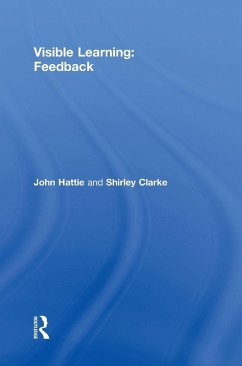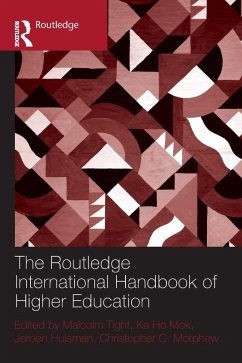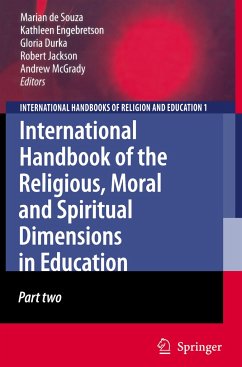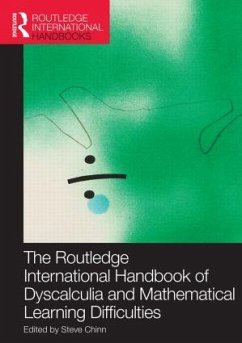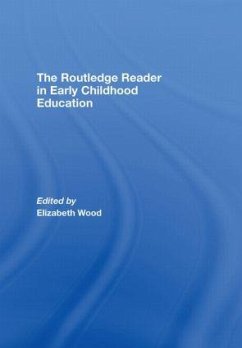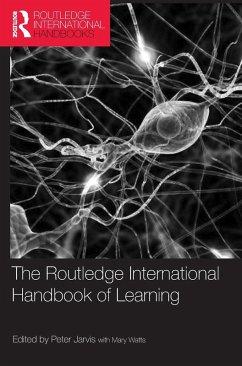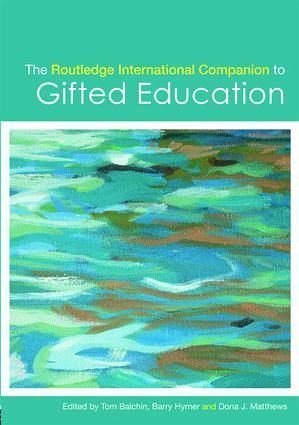
The Routledge International Companion to Gifted Education
Versandkostenfrei!
Versandfertig in 1-2 Wochen
65,99 €
inkl. MwSt.

PAYBACK Punkte
33 °P sammeln!
The Routledge International Companion to Gifted Education is a ground-breaking collection of fully-referenced chapters written by many of the most highly-respected authorities on the subject from around the world. These fifty contributors include distinguished scholars who have produced many of the most significant advances to the field over the past few decades, like Joseph Renzulli and Robert Sternberg, alongside authorities who ask questions about the very concepts and terminology embodied in the field - scholars such as Carol Dweck and Guy Claxton. This multi-faceted volume: highlights str...
The Routledge International Companion to Gifted Education is a ground-breaking collection of fully-referenced chapters written by many of the most highly-respected authorities on the subject from around the world. These fifty contributors include distinguished scholars who have produced many of the most significant advances to the field over the past few decades, like Joseph Renzulli and Robert Sternberg, alongside authorities who ask questions about the very concepts and terminology embodied in the field - scholars such as Carol Dweck and Guy Claxton. This multi-faceted volume: highlights strategies to support giftedness in children, providing ideas that work and weeding out those that don't; is written in jargon-free language in an easy-to use themed format; is the most authoritative collection of future-focused views, ideas and reflections, practices and evaluations yet produced; includes chapters dealing with the major controversies and concerns in the field today, from the problems of identification to changing understandings of giftedness and creativity. The international aspect of the Companion, and its juxtaposition of points of view - whereby chapters are deliberately positioned and accompanied by editorial commentary to highlight the contrasts with each other - ensures that different views are addressed, allowing the reader to absorb and reflect upon the many perspectives on each issue. The Companion is a guide to the new ideas and controversies that are informing gifted education discussion and policy-making around the world. It is a first class resource to students and researchers alike.





